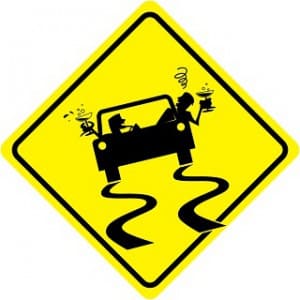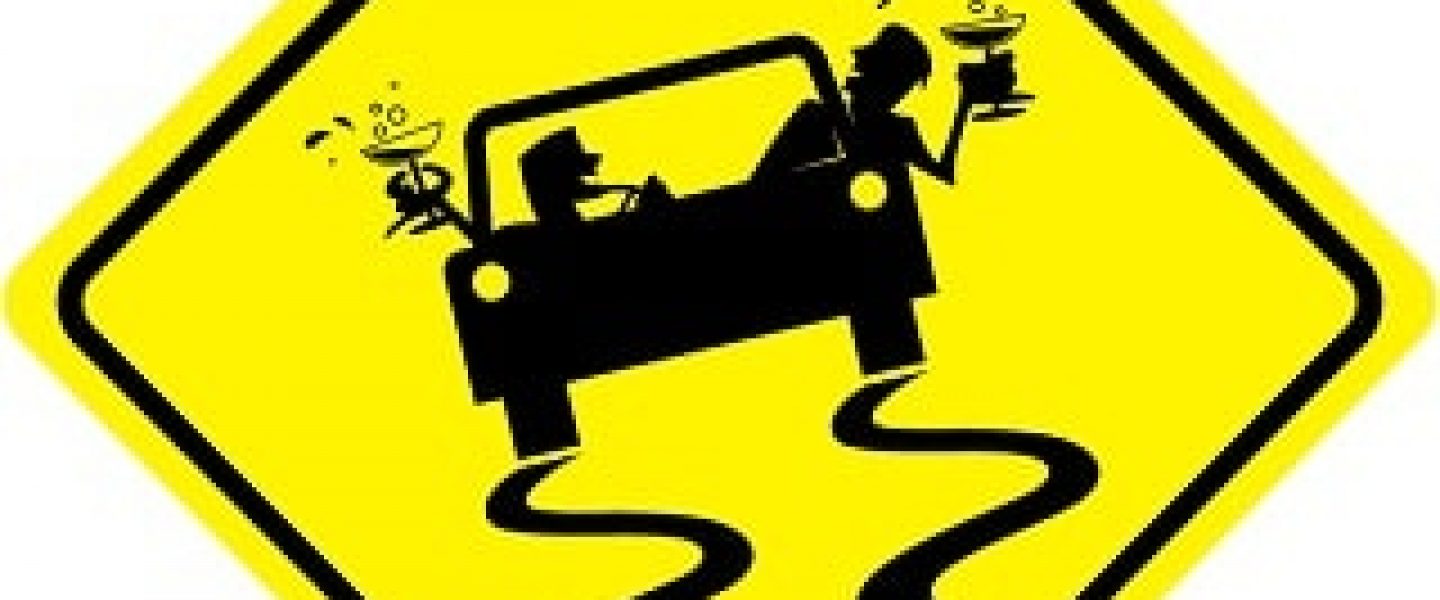 I read an absolutely stellar article by the legendary activist Sam Tracy that I felt needed to be highlighted. In the article, Sam Tracy points out that driving after consuming marijuana doubles the chances of the driver getting into a crash, which is the same as driving while texting, but less than driving while talking on the phone, and WAY less than driving after consuming alcohol. Per the Huffington Post:
I read an absolutely stellar article by the legendary activist Sam Tracy that I felt needed to be highlighted. In the article, Sam Tracy points out that driving after consuming marijuana doubles the chances of the driver getting into a crash, which is the same as driving while texting, but less than driving while talking on the phone, and WAY less than driving after consuming alcohol. Per the Huffington Post:
A new meta-study published this month concluded that driving after using marijuana doubles the risk of a car crash, and opponents of legalization are already touting this as a reason to keep the drug illegal. Yet before there’s a public uproar for stricter marijuana DUI laws, it’s important to put things in perspective — we must consider the risk involved and make sure the punishment fits the crime. While weak DUI laws clearly jeopardize public safety, overly strict rules or harsh penalties can ruin the lives of innocent drivers who aren’t truly impaired.
Anything that doubles the risk of a car accident should be avoided, and no one is saying it’s ok for people to drive after using marijuana. NORML has been telling smokers this for years, writing in their Principles of Responsible Cannabis Use, “The responsible cannabis consumer does not operate a motor vehicle or other dangerous machinery while impaired by cannabis, nor (like other responsible citizens) while impaired by any other substance or condition.” Just like you shouldn’t drive after drinking alcohol, you shouldn’t drive after smoking cannabis.
But that’s not to say marijuana impacts driving performance the same as alcohol. Driving under the influence of marijuana doubles your risk of a crash, while a just-barely-illegal .08 BAC increases your risk eleven-fold — yet the penalties are the same. After Colorado voters legalized cannabis for adult use, the legislature voted to criminalize driving under the influence of marijuana, using 5 nanograms of THC per milliliter of blood as the cut-off point for impairment (which is problematic for a host of reasons, and daily users have tested as high as 13.5 ng/ml while completely sober). Drivers found to be impaired by marijuana are charged with the same crime as drunk drivers, making it impossible to separately analyze the data, and applying the same punishments to two behaviors with very different levels of risk.
In comparison, studies have shown that texting while driving similarly doubles the risk of a crash, and making phone calls actually triples it. And how are those risky behaviors dealt with? Colorado did ban texting while driving in 2009, with first offenses punished with a $50 ticket and second offenses jumping to $100. This year, a bill to widen the scope of that law to include phone calls was rejected by the state legislature.
I encourage readers to check out the full article at the first link I provided. It’s a truly insightful article, and one that I wish more elected officials and marijuana opponents were forced to read. Driving after consuming marijuana is bad, admittedly. But it’s similar to texting while driving. Both are illegal, but whereas simply possessing marijuana is a felony in some states, possessing text messages on a phone is not illegal at all. Possessing alcohol is perfectly acceptable if you are of legal age, but possessing marijuana, which is much less harmful than alcohol, can result in jail time. How does that make any sense?








